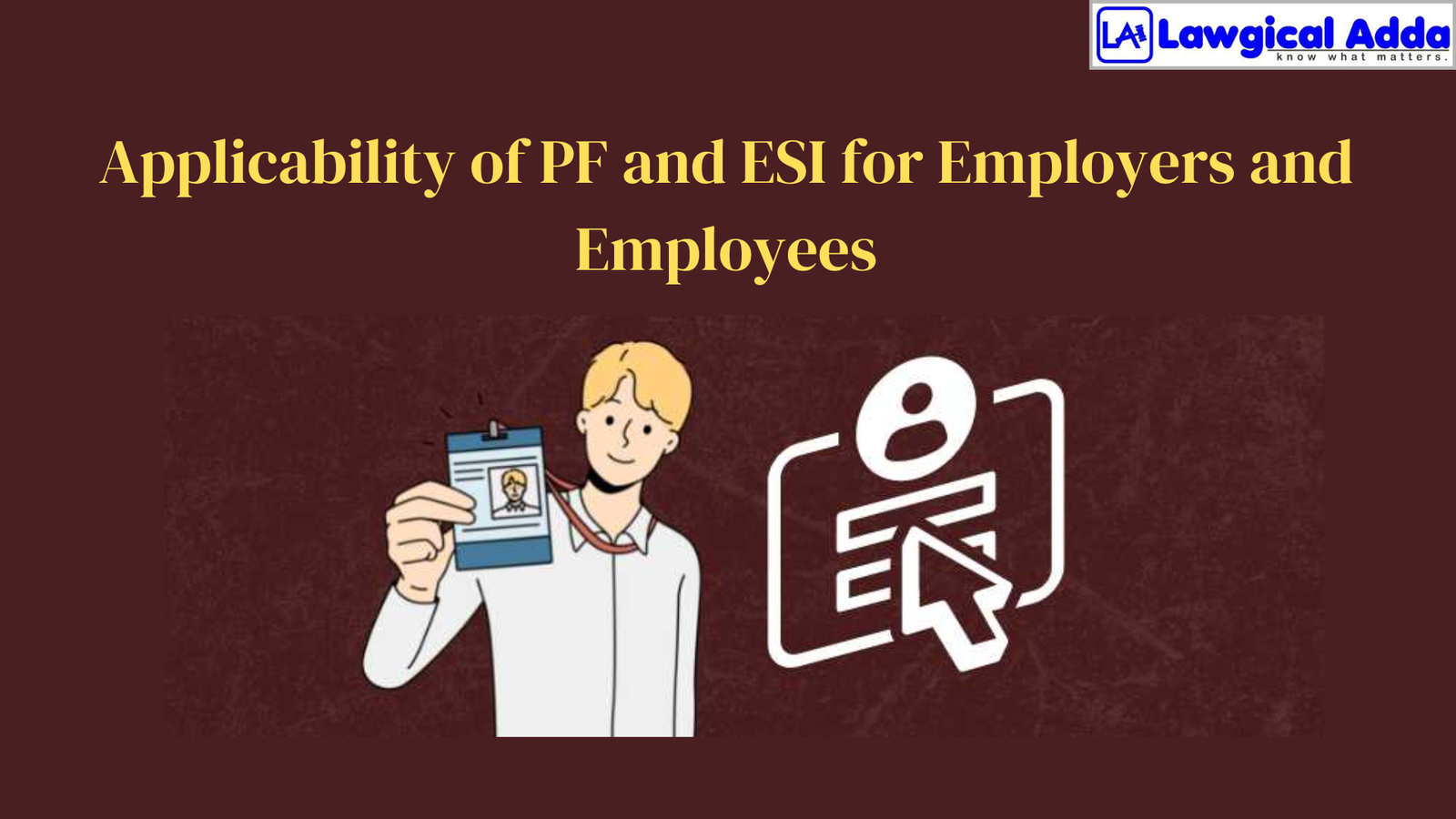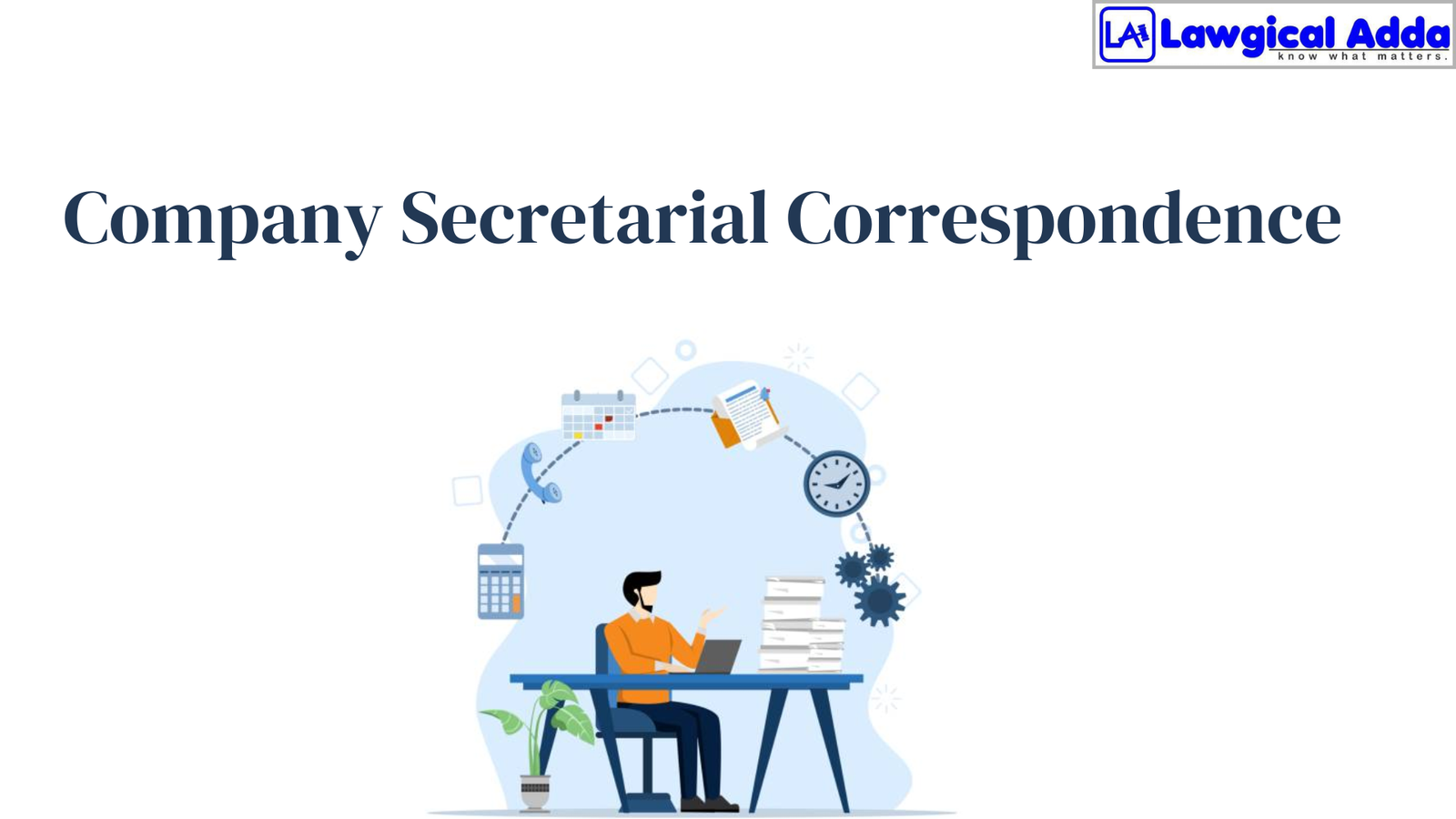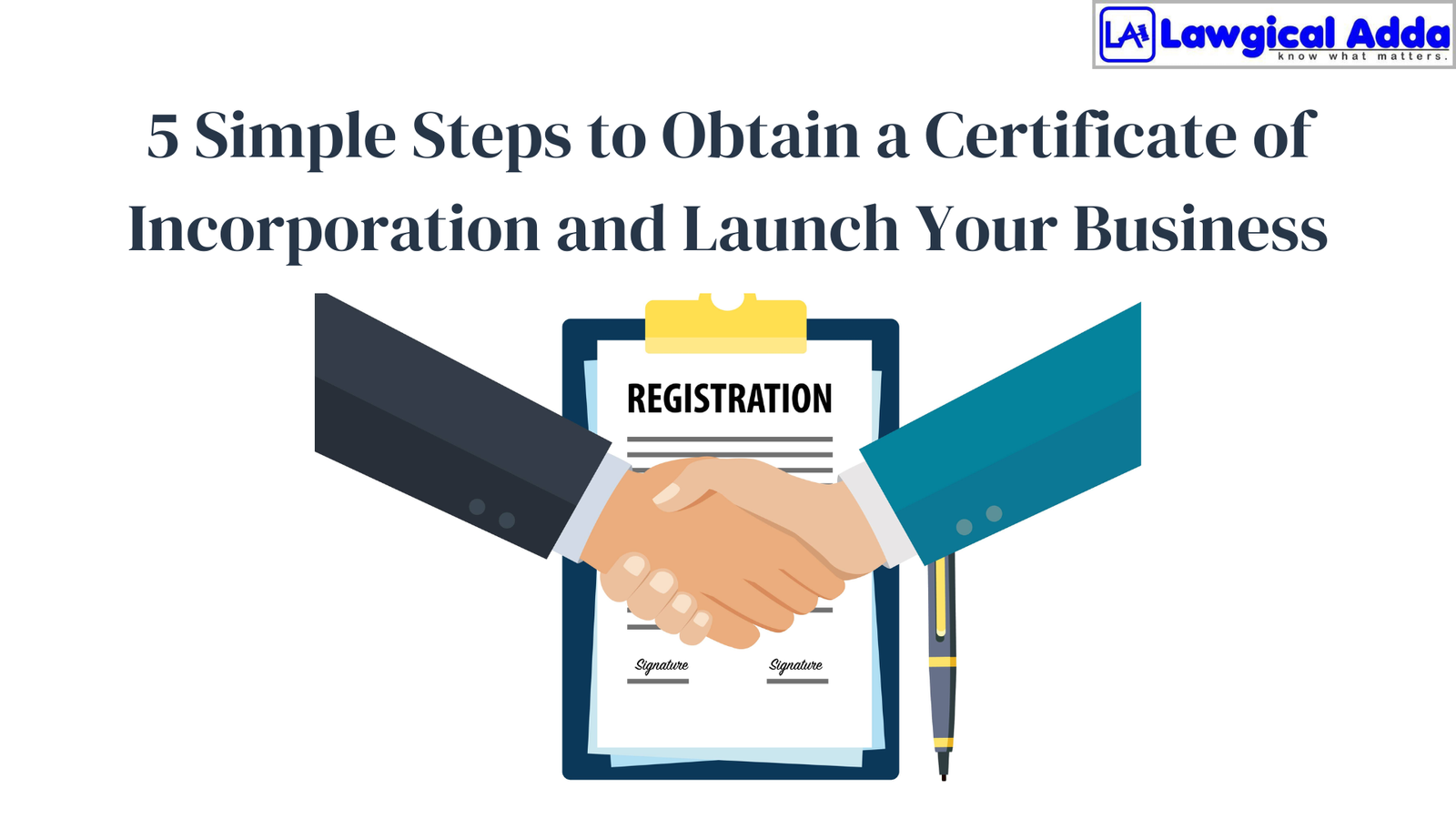Applicability of PF and ESI for Employers and Employees

Table of Contents
Introduction to PF and ESI Applicability
The applicability of a provident fund (PF) as a retirement savings plan is a benefit many firms provide to their staff, aiming to assist workers in setting aside a percentage of their earnings while still employed, which they can use to sustain themselves when they retire.
As part of a provident fund program, the employer makes a monthly contribution, and a portion of the employee’s wage is deducted and placed into the fund. Indian workers have access to the social security and health insurance program known as Employee’s State Insurance, or ESI.
The company and the employee contribute a predetermined percentage of the employee’s pay to the ESI program and the applicability of PF and ESI is followed as per the procedure.
Employee PF Registration
It is legally required for a company with 20 or more employees to register in the EPF program within 30 days of reaching the minimum employee count of 20. Small businesses that need to meet the minimal strength requirements would register.
When an employee receives a salary of more than Rs. 15,000 per month, they are not required to join the EPF system.
ESI Registration
ESI Registration is carried out when a company hires more than ten workers; however, even lower-paid workers must also register. The employer must provide the advance payment for six months for ESI enrollment to take effect.
The act states that all employees making Rs. 15000 or less a month must contribute 0.75% of their wages for ESI, with the business matching the remaining 3.25%.
Applicability of ESI
The Indian government offers a social security and health insurance program called Employee State Insurance (ESI). Its goal is to shield workers from the financial strain that comes with unexpected medical events, including illness, pregnancy, incapacity, and death. Establishments that meet a government-determined minimum staffing requirement are eligible for ESI.
The Advantages of ESI:
Employee advantages provided by ESI include the following:
- Medical Benefits: ESI offers complete medical treatment, including prescription drugs, diagnostic testing, inpatient and outpatient care, and specialist consultations.
- Sickness and Maternity Benefits: This program provides monetary benefits to temporarily incapacitated individuals due to illness or pregnancy.
- Disablement Benefits: Workers who sustain accidents at work that render them disabled are entitled to a monthly payment to make up for their diminished earning potential.
- Dependent Benefits: Dependents are entitled to a monthly payment as a survivor benefit if the employee passes away.
Applicability of Provident Fund (PF)
The Provident Fund (PF) is a retirement savings plan designed to give workers financial stability after they leave the company. India’s Provident Fund Scheme is administered by the Employees’ Provident Fund Organization (EPFO). Like ESI, PF is applied to firms with a minimum number of employees.
The Benefits of PF:
Employees can benefit from the PF system in a number of ways, including:
- Retirement Corpus: PF accrues during an employee’s employment, offering a sizeable corpus at retirement.
- Tax Benefits: Under the Income Tax Act, PF contributions are entitled to tax benefits.
- Loan and Withdrawal Facilities: PF enables workers to take out loans and make partial withdrawals for specific uses, like emergency medical care, housing, or schooling.
Employer and Employee Obligations:
Employers and employees are required to perform the following under for the applicability of PF an ESI:
- Employer Responsibilities
- Registering qualified workers under the relevant programs within the allotted time.
- Figuring out and taking out the necessary contributions from the pay of employees.
- Depositing, within the allotted time, the contributions made by the company and employees with the relevant authorities.
- Keeping correct records and sending the required reports to the relevant authorities.
b) Employee Responsibilities
- Ensuring the employer receives accurate and timely information for PF and ESI applicability and registration.
- Systematically setting aside the required amount from their salaries for ESI and PF.
- Obeying the schemes’ guidelines and directives.
You notify the employer of any changes to your personal information or employment that could impact your eligibility for ESI or PF.
Conclusion
Employee State Insurance (ESI) and Provident Fund (PF) are important governmental programs created to safeguard employees’ well-being and financial stability. To guarantee compliance and take advantage of the benefits they provide, businesses and employees must both comprehend the applicability of PF and ESI, advantages, and related obligations.
We can provide the same assistance if you’re seeking compliance support. Lawgical Adda’s solution provides end-to-end management of corporate governance and secretarial compliances, encompassing every phase of the entity life cycle. Don’t hesitate to get in touch with us if you want more information on the compliance standards and to outsource them to us.
Focus on what you do the best! Let Lawgical Adda handle the rest. Choose our services for easy winding-up, restructuring and surrendering documents. Contact us today!







